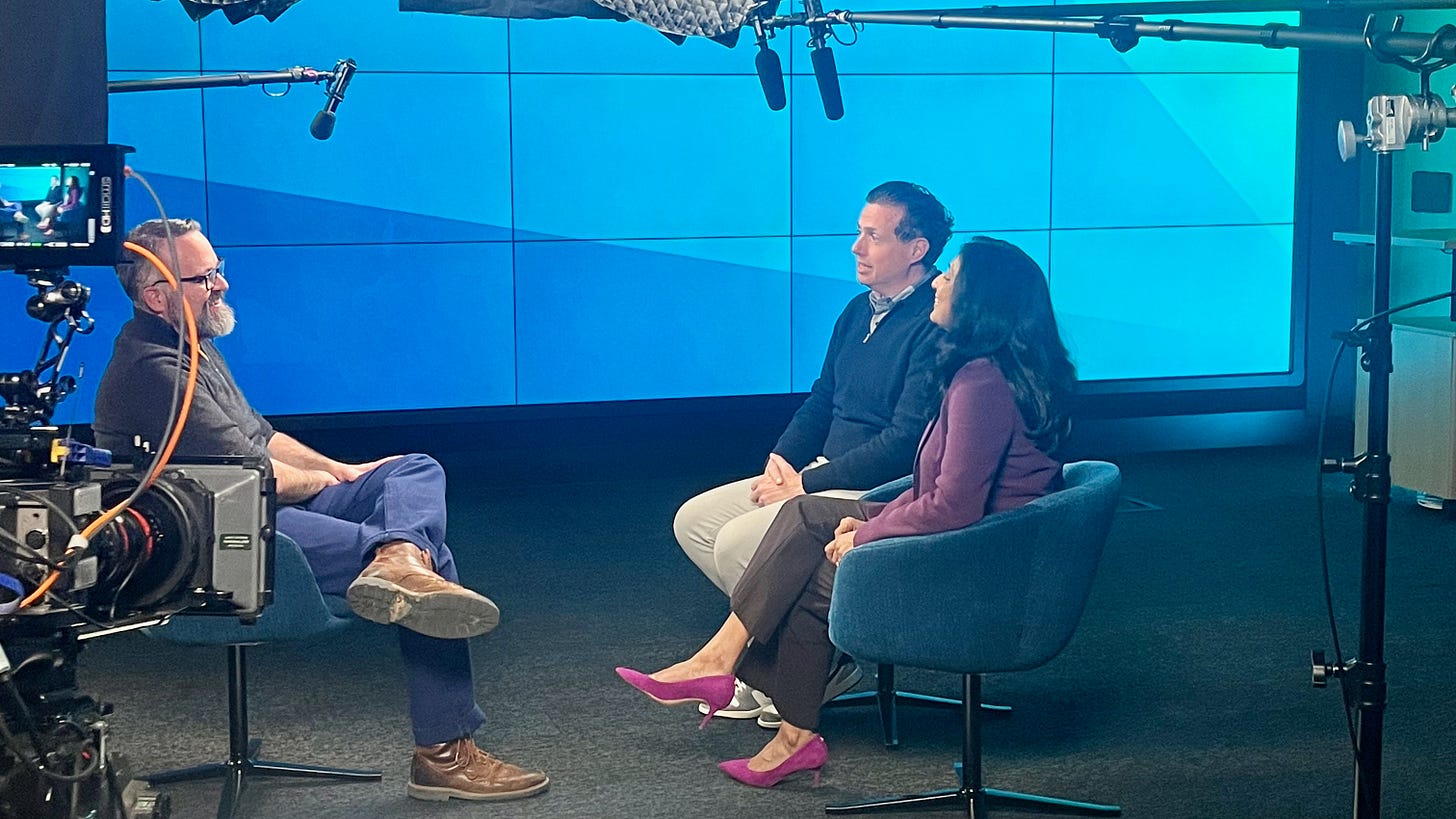How to write a business book proposal
Never mind the actual content, why would someone buy the book?
I’ve written a few (little) business books, reviewed several, and reviewed several proposal for business books. Here’s what I think works well in proposals you’re sending to publishers:
The publisher is in it to make money first, “important” content second. Your proposal is a business pitch, not an idea pitch. Make sure you talk about who the audience is, why they will buy the book, and why your topic (the market for the book) is hot, or at least, room temperature. Remember: the publisher is looking to sell these books for $30 to $50 a piece. They better be worth it!
Defining the market/topic and why it’s “hot” is important. While they may publish a lot of books, publishers aren’t experts in the topics you’re covering, and becoming an expert isn’t what’s important to them. Selling the book is important. Don’t go too long on the market, but try to talk about why the market (current trends, what people want to buy, and why alternatives are not going to be as good as your book [or simply don’t exist]) is good and why this is the right time to publish a book, and why you’re the right one to write it.
Be brief (unlike this list!). You should have three sizes of your pitch: a 3 to 4 sentence email/paragraph; a one page version; a longer version. As the author, when you’re writing the proposal, you’ll find yourself wanting to go over the ideas and the actual writing. This is where you’ll write too many words. Summarize the take-aways people will get, quickly cover how you will teach people those lessons/take aways, and really focus on the next thing:
Focus on what will differentiate your book for the thousands of other already out there and that will be out there in the future. What is new, different, and unique in your book? New methodologies are good, just going over the basics not so much. Case studies and stories are the best because they’re often unheard and unpublished: they’re something new.
Have a detailed, “real” outline at the end. This will give the acquiring editor a quick idea of what’s in the book and also show that you’ve thought this out. Don’t worry about sticking to the outline as you write it, it will change and everyone knows that. In your outline, make sure to the differentiated stuff, especially case studies.
Talk about why you’re qualified to do this, why you’re an excellent choice. For business books, I would focus on your first hand experience if you have it. Did you work at an actual company, or are you just a consultant or working at a vendor? Do you talk with a lot of people in your community and have you gathered lots of stories over the years? In most cases, you won’t be a fun and entertaining writer (you’ll be a good writer, but being fun and entertaining is a whole other skill-set), but if you are, that’s an asset to emphasize as well. You will need a bio section, so put all this in there. Be sure to list any written material you already have, even videos and talks. You need some examples of your writing, hopefully published.
What fame and community can you bring to the book? Again, the publisher is in it to make money. How can your existing audience, network, etc. help make the book more money.
Other considerations:
Most publishers have their own template to fill out. They’re all general the same sections, just in different order, wording, length allowance, etc. Don’t get too hung up on getting your original pitch perfect because you’ll need to make it fit to whatever those templates are. Make the pitch in the template “perfect,” of course. And, obviously, just recycle the content.
Keep in mind that the publisher is also evaluating you as both a writer and as someone to work with. Proof read your text for basic writing mistakes and spelling, typos, to/too, lose/loose, affect/effect,1 etc.; use a consistent style on things (e.g., either end all bullet point lists with incomplete sentences with a period or don’t, use contractions or don’t, etc.) - you want to show that you’re meticulous about your writing and pay attention to the details that non-writers don’t even know exist; and try to demonstrate that you won’t be a handful to work with. Favor a “natural”/conversational style over formal, business speak. Write in the first person, use contractions, and try to use simple words instead of business bullshit words.
Some publishers do more than just books, so keep their business models in mind when pitching. For example, O’Reilly publishes books (focusing on a single sale of an e-book or 3D book), has an online collection of educational stuff for corporate accounts (focusing on making the ongoing subscription valuable), makes video series (here’s a really good one!), and licenses content to vendors for marketing/lead-gen.
Finally, just keep at it and don’t take anything personally. If they come back with questions and suggested changes to your proposals, work on those. That may seem discouraging, but as long as you’re still talking, they haven’t said “no” yet. Also, be nice: if if this proposal doesn’t work, they might be one in the future or other work you can do with them.
Proposals aside, for me at least, the most important thing is to start writing the book once you have the idea. Certainly propose your book to publishers, but don’t wait on it being accepted. In fact, if you’ve already written the book, or just large parts of it, proposing it will be easier.
Good luck!
I’ve been mentioning the in-person event we have about my work, Tanzu, here. We also have an online version coming up on April 3rd. I was in Palo Alto last week filming it. If you’re wondering what’s up with Tanzu (the Cloud Foundry stack, our Kubernetes stuff, our Backstage/etc. platform, the Spring Framework, etc.) now that we’re part of Broadcom, you'll find out at this event. You can of course register for free to see it: right here! I was there the whole time, so I can assure you that it’s good stuff.
And if you want to attend the in-person event on April 11th, then sign up here.
Conferences, Events, etc.
Talks I’m giving, places I’ll be, and other plans.
Tanzu (Re)defined, April 11th, Palo Alto. DevOpsDays Amsterdam, June 20th, speaking. NDC Oslo, speaking, June 12th.

Logoff
No links today.
I hate affect/effect. I don’t really understand the difference (yes, I have a dictionary, thank you). And, come on, it’s stupid that they’re different. I’d avoid using the words all together.



